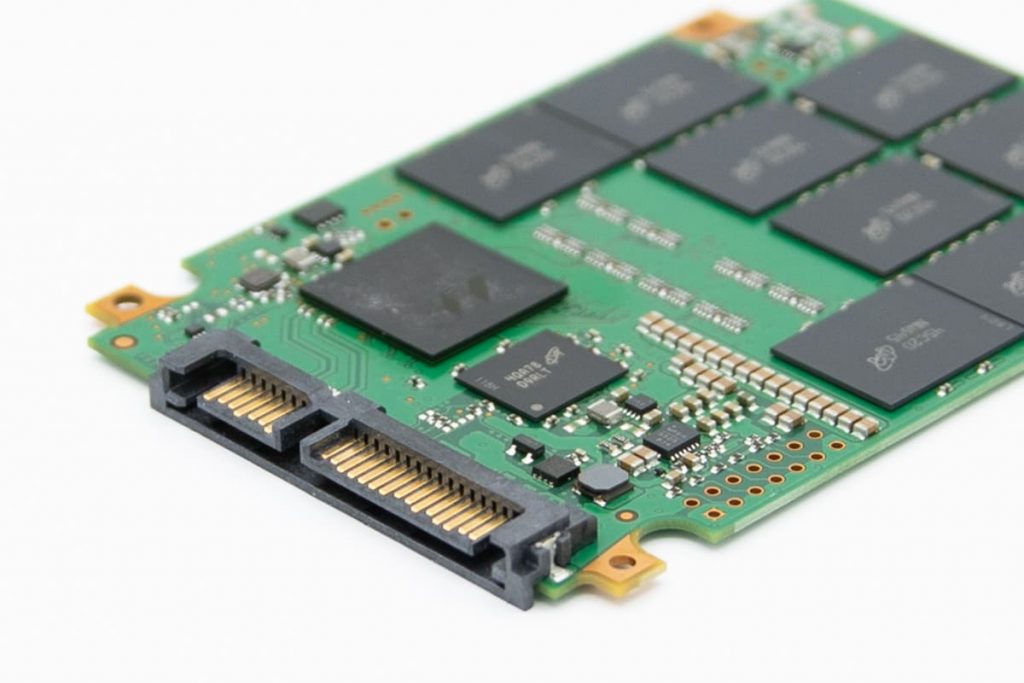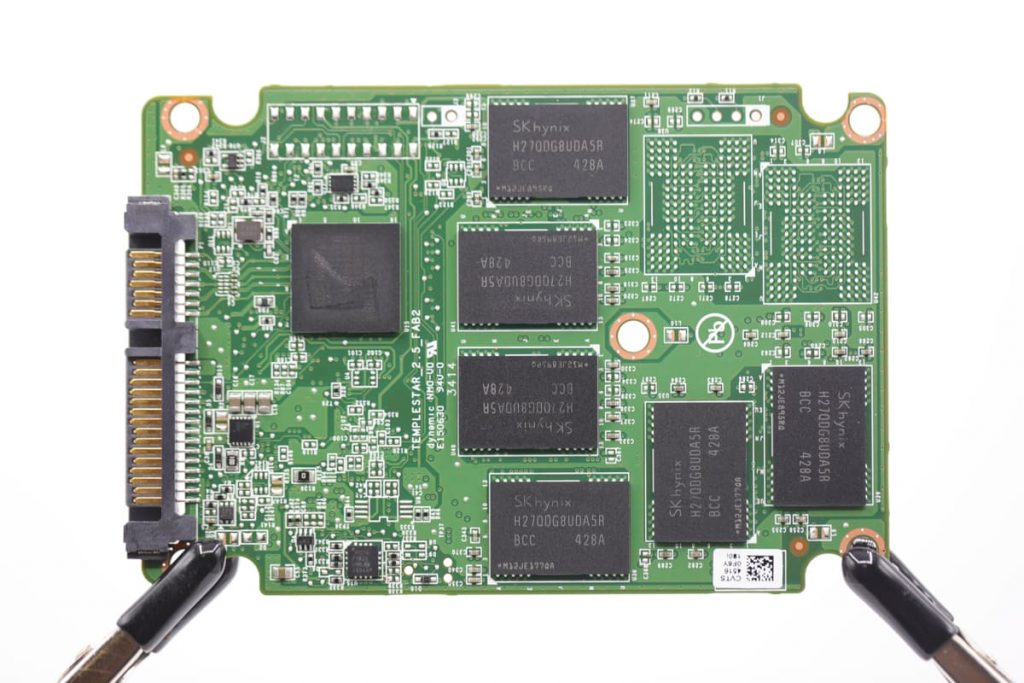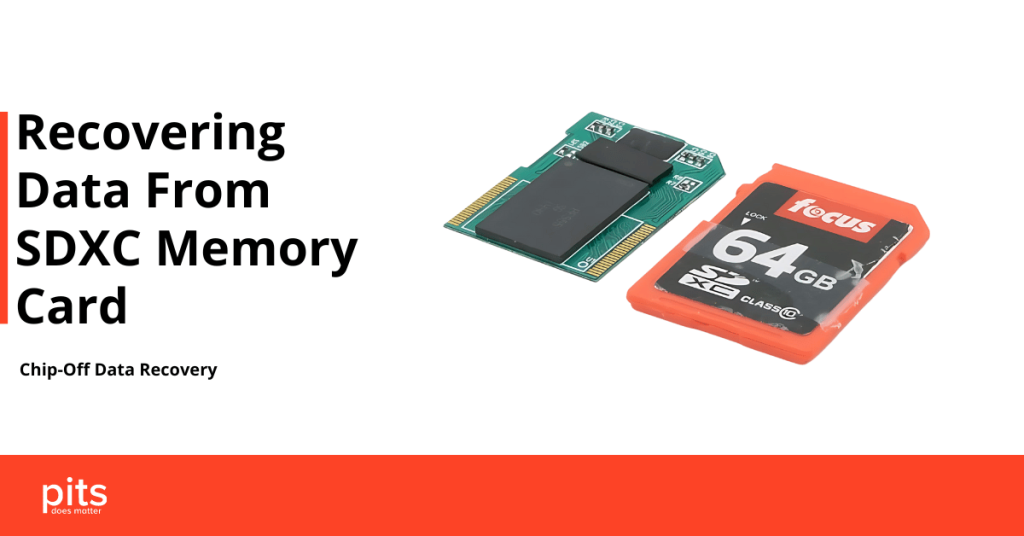Over the past years, the popularity of solid-state drives is significantly increasing. Due to their many advantages, they successfully replace traditional hard disk drives. Individuals operate with SSDs on their computers, and businesses use them on servers.
There are various reasons why people substitute their hard disk drives with solid-state drives, but their durability is the primary cause. Fragile moving parts of the HDD make it prone to failure. SSD, on the other hand, does not have this problem.
By operating on semiconductor chips, solid-state drives provide users with a reliable data storage system, avoiding the problems that can occur on hard disk drives. In addition to durable performance, SSD provides a higher speed of operation.
However, as with any data storage device, solid-state drives have drawbacks.
Reasons for Failure and Data Loss on SSD
The absence of moving parts in the solid-state drives makes them durable. Due to its system, the lifespan of SSD is higher than HDDs, but it does not make the device error-free.
Physical Faults
Regardless of the robust structure of SSD, it is still susceptible to physical damage. In most situations, a malfunction occurs due to the manufacturer's faults. These issues can cause the consequential destruction of the device.
Corrupt Files
Mostly, the reason for SSD data loss is logical. Malware, bad blocks, and human errors cause not only files' inaccessibility but also device malfunction. The chances of damaging SSD by logical damage are higher than by physical.
Power Failure
Solid-state drives depend on power. Hence, if there are any issues with consistent power, the device will suffer from its consequences. Regardless if it is a surge or outage, you are risking losing all the data stored on your SSD.
When a solid-state drive fails for the reasons mentioned above, it causes much trouble to the user. However, it can be tough to identify that something is wrong. Unlike HDDs, SSDs do not make any sounds or noises when there is an issue. Thus, it is essential to be attentive when working with this media.
SSD Failing Symptoms
Solid-state drive failure can stay unnoticeable for an extended period. These devices usually do not indicate any signs of an issue. However, a user can notice slight changes in the performance of the device, which must be warning signs.
Even after years of usage, SSD continues to provide its user with swift performance. However, if you notice a decrease in your device’s speed, it is a sign that it is failing.
Another sign of failing is the inaccessibility of your files. When the data on your SSD becomes corrupted, something is wrong. Moreover, this SSD problem worsens over time and can lead to complete data loss.
When the appliance running on SSD frequently crashes, refuses to boot, gives error messages, and requests restarts, consider your device failed. There is also a chance that the issue is within the machine, not SSD. In cases like this, our engineers recommend checking both the computer/server and the drive.

If a user faces a problem copying, pasting, and writing data on the device, it is beneficial to pay more attention to the device’s behavior. The worst scenario in such a situation is when the partition of the solid-state drive becomes read-only.
When facing a data loss on your SSD, it is essential to be careful with the next steps. One of the first actions you should take is to call a reputable data recovery company.
Advantages of Our Services for Solid State Drives
PITS Global Data Recovery Services provides businesses and individuals in the US with professional SSD data recovery services. Using advanced techniques, our engineers successfully recover data from solid-state drives regardless of the data loss scenario. We have maintained a 99% success rate by offering our flexible recovery solutions over the years.
PITS Global Data Recovery Services starts the process with a risk-free evaluation. By thoroughly examining your device, our specialists estimate the reason for file loss and calculate the chances for successful recovery. Based on the evaluation results, we estimate the most suitable data recovery for your specific case. This step helps us achieve the maximum recovery result.
At the end of the evaluation, we provide a client with a service quote, which includes timing turnaround and price estimates. Our team does everything to meet our customers’ needs, deadlines, and budgets, so we offer our flexible recovery options. For time-sensitive cases, our company provides 24/7 available emergency service.
Our highly-qualified technicians perform data recovery in specialized facilities. By working on your SSD in ISO Certified Class 10 Cleanroom, we ensure that there is no damage done to your device or valuable files.
If you are facing a failure or data loss on your SSD, entrust your case to us. We recover lost, corrupted, or deleted data from solid-state drives, regardless of their brand, model, storage capacity, or file system. Our engineers are ready to help you with your solid-state drive recovery case.

To start your data recovery process with our experts, fill in the request help form below. If you have any questions regarding our recovery service, reach out to us by calling our customer service line. We will gladly provide you with all the answers and assist you with your device.
Frequently Asked Questions
What are the signs of SSD failure?
- Frequent and unexpected system crashes or freezes.
- Slow performance or prolonged boot times.
- Files and folders becoming inaccessible or corrupted.
- An increase in bad sectors.
- Unusual noises, such as clicking or grinding (less common in SSDs than HDDs).
What does "SSD wear level" mean?
SSD wear level refers to how much the NAND flash memory inside the SSD has been used. SSDs have a limited number of write cycles, and as you write data to them, this wear level increases. Most modern SSDs are designed to handle years of typical use, but checking the wear level can give you an idea of your SSD’s remaining lifespan.
Is it possible to recover data from a failing SSD?
Yes, it is often possible to recover data from a failing SSD, but it can be more challenging than recovering data from a traditional hard drive. PITS Global Data Recovery Services specializes in SSD data recovery and has the expertise and equipment to retrieve your valuable data even from failing SSDs.
Should I attempt DIY data recovery if my SSD is failing?
We strongly advise against attempting DIY data recovery if your SSD is failing. DIY attempts can worsen the situation, making it more difficult for professionals to recover your data later. Contact our experts at PITS Global Data Recovery Services for a safe and efficient SSD data recovery solution.
How often should I back up my data?
Frequent backups are essential to protect your data. We recommend scheduling automatic backups at least once a day for critical files and data. Ensure that your backups are stored in a different location from your primary SSD to safeguard against data loss due to hardware failure, theft, or disasters.


